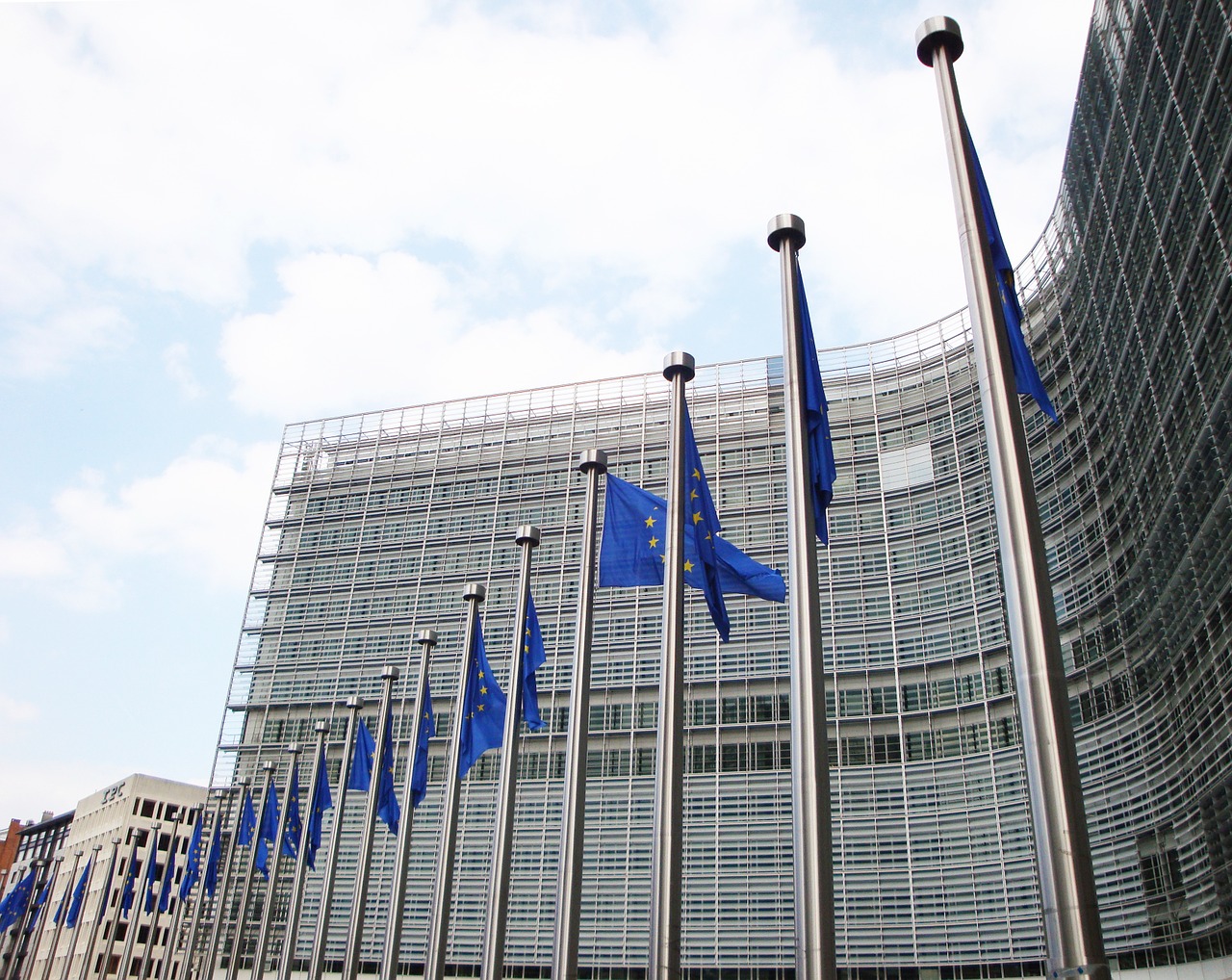
EU finds Apple, Google breached DMA antitrust rules
- 19.03.2025 21:40
- siliconangle.com
- Keywords: Antitrust, Regulation
The EU found Apple and Google violated DMA antitrust rules. Apple must make iPhones more compatible with third-party devices and apps, while Google faces issues over search engine bias and Play Store restrictions.